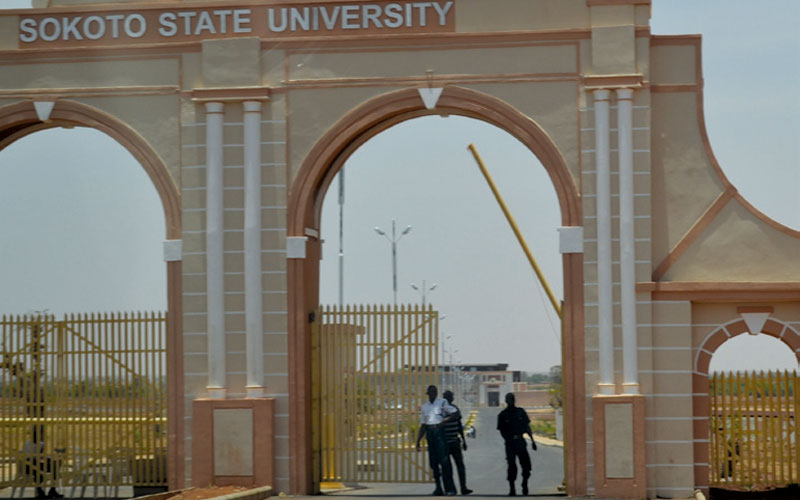Inaugurated in October 2013, the new Sokoto State University (SSU) instills an enormous sense of pride in the Wamakko administration and heralds a new era in education access and skills development in the state.

Designed since its inception in 2008 to incubate and develop Sokoto’s indigenous talent, SSU gives priority, but not exclusive, consideration to local applicants over those from other parts of Nigeria. SSU benefits from being a completely new institution with new buildings constructed from scratch and fitted out with modern amenities and facilities. Its opening created a great deal of anticipation in the sector and the university has attracted applications from some of the state’s best teaching and support staff looking to form its faculty. SSU joins other institutions in the state’s tertiary offer such as the College of Agriculture in Wurno, the College of Legal and Islamic Studies in Wamakko, and the Usmanu Danfodiyo University and School of Development Studies, both in Sokoto. Sweeping changes to the education system introduced shortly after the Wamakko administration entered office in 2007, including the abolition of tuition fees for primary and secondary levels, and the establishment of centers targeting skills acquisition and women’s education, will increase the demand for higher education as more students make their way up the education system and Sokoto-trained professionals enter the workplace.
0 COMMENTS